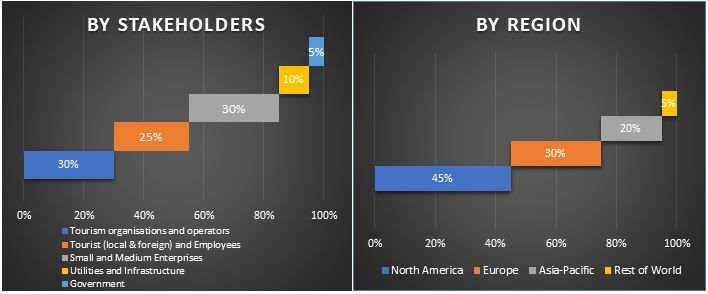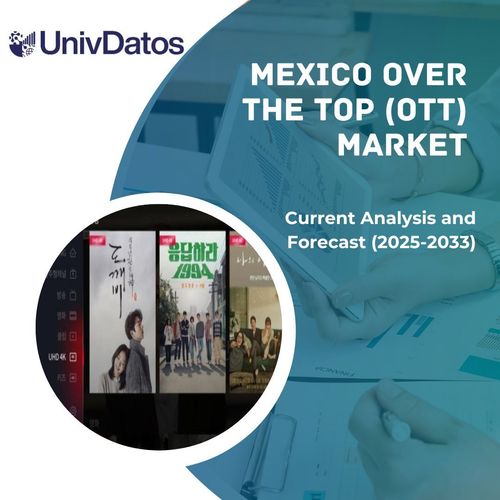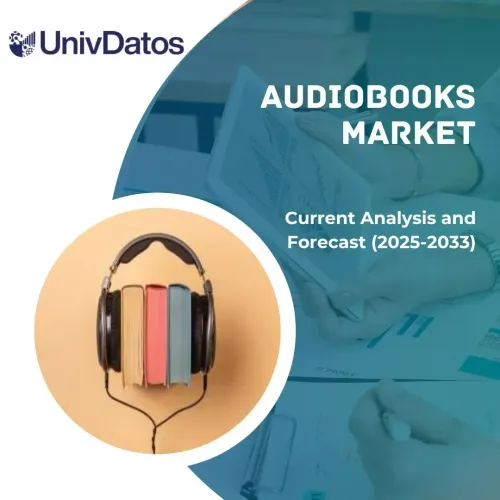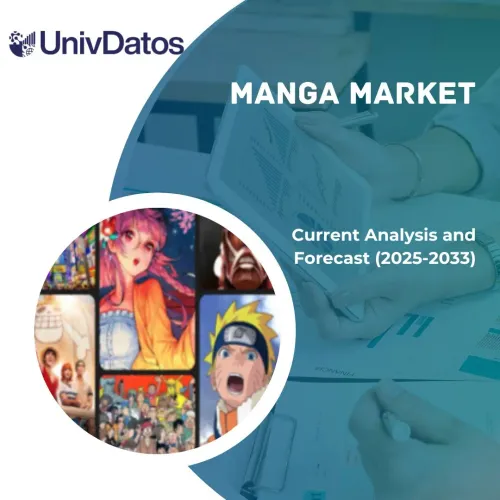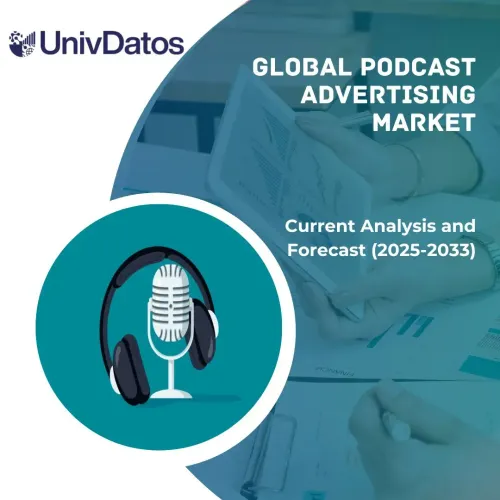- Home
- About Us
- Industry
- Services
- Reading
- Contact Us
MICE Tourism Market: Current Analysis and Forecast (2021-2027)
Emphasis on Event Type (Meetings, Incentives, Conventions, Exhibitions); and Region & Country

MICE Tourism Market is expected to grow at a CAGR of ~20% over the forecast period (2021-2027). MICE industry offers tourism services in which organizers and suppliers manage and deliver meetings, conferences, exhibitions, and other related events held to achieve a range of professional, business, cultural, or academic objectives. The surge in presence of corporate industries worldwide has increased the frequency of business activities such as client meetings, brand promotions, and employee training activities and has supplemented the growth of the global MICE industry. MICE Tourism Market is experiencing significant growth on account of surging investments in infrastructural development and technological advancements, etc. Moreover, the rise in government initiatives to promote SMEs and liberalization of market entry to increase FDIs has boosted the growth of this market even further. Some employees love to travel to different places for work. For instance, as per Booking.com, 30% of workers (and 43% of Indians) would accept lower salaries in exchange for more business trips. Furthermore, as per TripActions, 39% of Millennial and Gen Z workers would not accept a job that doesn’t let them travel. In one survey, 90% of respondents said that business travel is essential to company growth.
Business tourism covers all the travel that is undertaken for work and business purposes. The worldwide spending on business was valued at US$ 1,054 billion in 2015 and has increased to US$ 1,228 billion and US$ 1,294 billion in 2018 and 2019, respectively. Given these facts, there is a surge in the number of business travelers across the globe augmenting the growth of the MICE tourism market all over the globe.
Furthermore, the market is expected to observe a boost in its growth owing to the increasing globalization of businesses and a growing number of SMEs all over the world. For instance, according to India Brand Equity Foundation, India has nearly 6.3 crore MSMEs. The number of registered MSMEs grew 18.5% YoY to reach 2.5 million units in 2020 from 2.1 million units in 2019. The Indian MSMEs sector further contributes about 29% towards the GDP through its national and international trade. Ongoing trends of using various social media platforms and online meeting applications for organizing meetings are expected to boost market growth soon.
Top 15 Markets for Business Travel
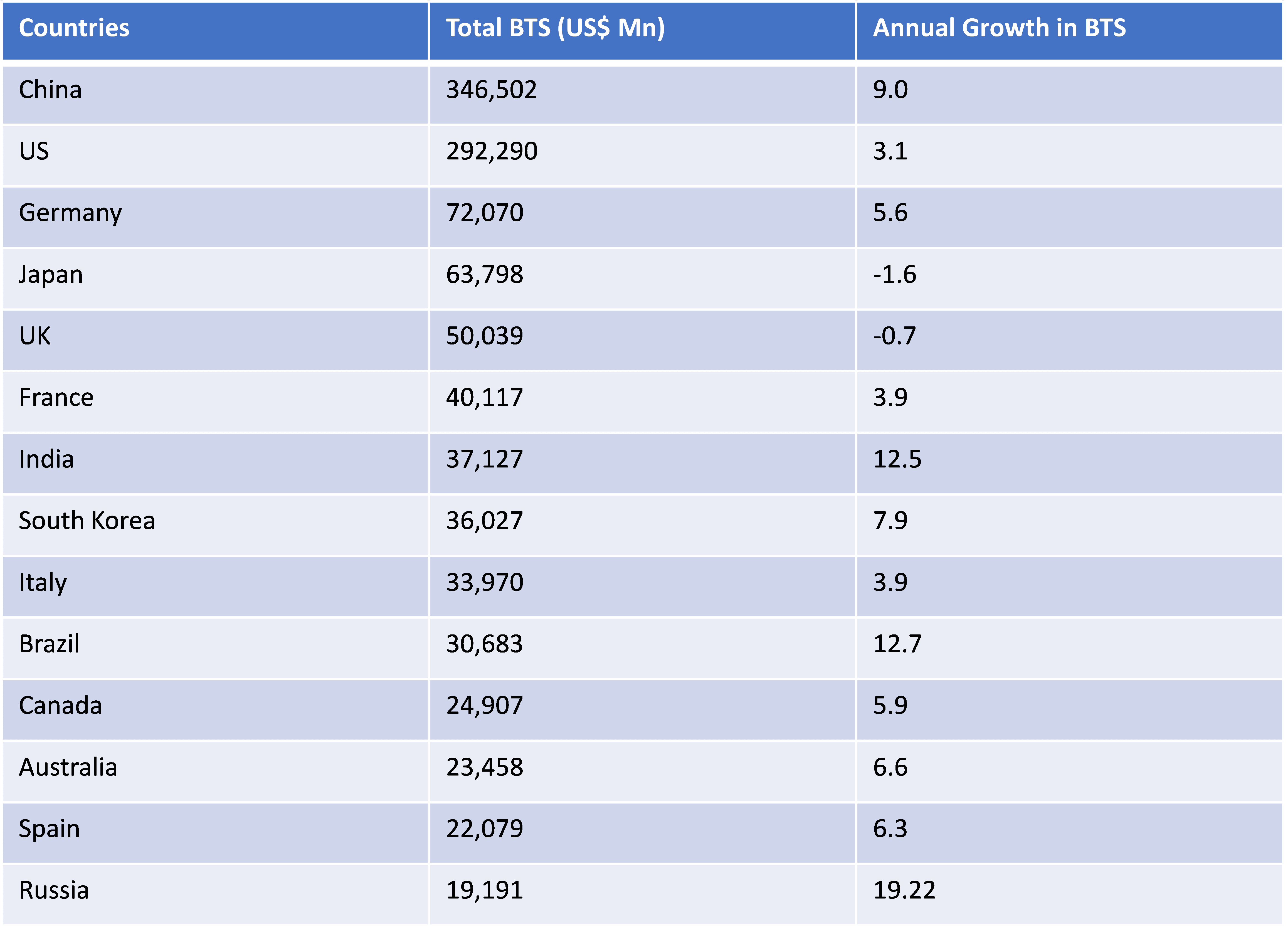
Maritz, BI Worldwide, ITA group, One10 LLC, Meetings and Incentives Worldwide, Creative Group, ACCESS Destination Service, 360 Destination Group, CSI DMC, and The Freeman Company are some of the prominent players operating in the global MICE Tourism market. Several M&As along with partnerships have been undertaken by these players to facilitate customers with hi-tech and innovative products.
Insights Presented in the Report
“Amongst Event Type, Meeting segment holds the major share”
Based on the Event Type, the market is fragmented into Meetings, Incentives, Conventions, and Exhibitions. The meetings segment dominated the market with a share of XX% in 2020 and is expected to maintain its dominance during the forecast period owing to the technological advancement and rapid globalization of businesses.
“Asia-Pacific signifies one of the largest markets of MICE Tourism Market”
For a better understanding of the market dynamics of the MICE Tourism market, a detailed analysis was conducted for different regions across the globe including North America (United States, Canada, and the Rest of North America), Europe (Germany, France, Italy, Spain, United Kingdom and Rest of Europe), Asia-Pacific (China, Japan, India, Australia, and Rest of APAC), and Rest of World. Asia-Pacific dominated the market and generated revenue of USD XX billion in 2020. Rapid growth in the business travel sector and increased internet penetration in the region have been boosting the market for MICE tourism. For instance, according to Internet World Stats, in 2019 China, India, and United States were one of the top internet users across the globe with 854, 560, and 292 million users, respectively. Moreover, the business travel spending of China increased to US$ 401 billion in 2019 from US$ 224 billion in 2013.
Reasons to buy this report:
- The study includes market sizing and forecasting analysis validated by authenticated key industry experts
- The report presents a quick review of overall industry performance at one glance
- The report covers an in-depth analysis of prominent industry peers with a primary focus on key business financials, product portfolio, expansion strategies, and recent developments
- Detailed examination of drivers, restraints, key trends, and opportunities prevailing in the industry
- The study comprehensively covers the market across different segments
- Deep dive regional level analysis of the industry
Customization Options:
MICE Tourism Market can further be customized as per the requirement or any other market segment. Besides this, UMI understands that you may have your own business needs, hence feel free to connect with us to get a report that completely suits your requirements.
Table of Content
Analyzing the historical market, estimation of the current market, and forecasting the future market of the MICE Tourism Market were the three major steps undertaken to create and analyze the adoption of MICE Tourism for the different corporate meetings, exhibitions, and conferences across major regions globally. Exhaustive secondary research was conducted to collect the historical market numbers and estimate the current market size. Secondly, to validate these insights, numerous findings and assumptions were taken into consideration. Moreover, exhaustive primary interviews were also conducted, with industry experts across the value chain of the MICE tourism sector. Post assumption and validation of market numbers through primary interviews, we employed a top-down/bottom-up approach to forecast the complete market size. Thereafter, market breakdown and data triangulation methods were adopted to estimate and analyze the market size of segments and sub-segments the industry pertains to. Detailed methodology is explained below:
Analysis of Historical Market Size
Step 1: In-Depth Study of Secondary Sources:
Detailed secondary study was conducted to obtain the historical market size of the MICE Tourism through company internal sources such as annual report & financial statements, performance presentations, press releases, etc., and external sources including journals, news & articles, government publications, competitor publications, sector reports, third-party database, and other credible publications.
Step 2: Market Segmentation:
After obtaining the historical market size of the MICE Tourism market, we conducted a detailed secondary analysis to gather historical market insights and share for different segments for major regions. Major segments included in the report is event type. Further country-level analyses were conducted to evaluate the overall adoption of MICE Tourism in every region.
Step 3: Factor Analysis:
After acquiring the historical market size of different segments and sub-segments, we conducted a detailed factor analysis to estimate the current market size of MICE Tourism. Further, we conducted factor analysis using dependent and independent variables such as increasing corporate industries and rise in government initiatives. A thorough analysis was conducted for demand and supply-side scenarios considering top partnerships, merger and acquisition, business expansion, and product launches in the MICE Tourism industry across the globe.
Current Market Size Estimate & Forecast
Current Market Sizing: Based on actionable insights from the above 3 steps, we arrived at the current market size, key players in the MICE Tourism market, and market shares of the segments. All the required percentage shares split, and market breakdowns were determined using the above-mentioned secondary approach and were verified through primary interviews.
Estimation & Forecasting: For market estimation and forecast, weights were assigned to different factors including drivers & trends, restraints, and opportunities available for the stakeholders. After analyzing these factors, relevant forecasting techniques i.e. top-down approach was applied to arrive at the market forecast about 2027 for different segments and subsegments across the major markets globally. The research methodology adopted to estimate the market size encompasses:
- The industry’s market size, in terms of value (USD) and the adoption rate of MICE Tourism across the major markets domestically
- All percentage shares, splits, and breakdowns of market segments and sub-segments
- Key players in the Cancer Immunotherapy market in terms of services offered. Also, the growth strategies adopted by these players to compete in the fast-growing market
Market Size and Share Validation
Primary Research: In-depth interviews were conducted with the Key Opinion Leaders (KOLs) including Top Level Executives (CXO/VPs, Sales Head, Marketing Head, Operational Head, and Regional Head, Country Head, etc.) across major regions. Primary research findings were then summarized, and statistical analysis was performed to prove the stated hypothesis. Inputs from primary research were consolidated with secondary findings, hence turning information into actionable insights.
Split of Primary Participants in Different Regions
Market Engineering
Data triangulation technique was employed to complete the overall market estimation and to arrive at precise statistical numbers of each segment and sub-segment of the MICE Tourism market. Data was split into several segments & sub-segments post studying various parameters and trends in the areas of event type of the MICE Tourism market.
Main Objective of the MICE Tourism Market Study
The current & future market trends of MICE Tourism were pinpointed in the study. Investors can gain strategic insights to base their discretion for investments from the qualitative and quantitative analysis performed in the study. Current and future market trends were determined the overall attractiveness of the market at a regional level, providing a platform for the industrial participant to exploit the untapped market to benefit as a first-mover advantage. Other quantitative goals of the studies include:
- Analyze the current and forecast market size of MICE Tourism in terms of value (USD). Also, analyze the current and forecast market size of different segments and sub-segments
- Segments in the study include areas of the event type
- Define and analysis of the regulatory framework for the MICE Tourism industry
- Analyze the value chain involved with the presence of various intermediaries, along with analyzing customer and competitor behaviors of the industry
- Analyze the current and forecast market size of the MICE market for the major region
- Major regions studied in the report include North America (the United States and Canada), Europe (Germany, France, Italy, Spain, and United Kingdom), Asia-Pacific (China, Japan, India and Australia), and the Rest of World
- Company profiles of the MICE Tourism market and the growth strategies adopted by the market players to sustain in the fast-growing market
- Deep dive regional level analysis of the industry
Related Reports
Customers who bought this item also bought

